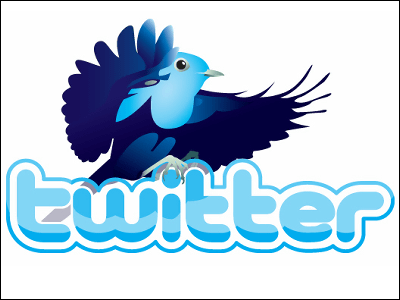Phishing scams attempting to steal writer's unpublished manuscript

Since around 2017, phishing scams have been rampant around the world trying to steal unpublished manuscripts by impersonating editors and publishers. However, there are no reports of anyone making a profit from this scam, and the motive is a mystery.
Why on Earth Is Someone Stealing Unpublished Book Manuscripts? --The New York Times
It is not known at all who is committing the fraud, but it is said that it is a person or organization familiar with the process from the completion of the work by the writer to the publication by the publisher. We will contact the author by e-mail etc. and try to steal unpublished manuscripts. The target is not only famous writers, but also almost unknown writers and writers before their debut.

These phishing scams are usually based on officially announced public information, but even works that have not been published anywhere are said to have been targeted.

In the past, there have been crimes of trading Hollywood movie scripts online and making a profit, but there is no actual situation where transactions are done using the manuscript of the stolen book. Cybersecurity professionals are worried. The most influential idea is that publishing scouts are trying to arrange the right to sell books to publishers and movie companies in order to know the contents of the work at an early stage. I am.
Related Posts:
in Posted by log1p_kr







